The 10 Big Stories Of 2008
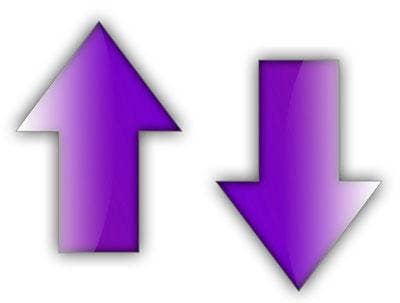
From new product launches to drama with your favorite (or least favorite) vendors to headlines that hit the global stage, here are the 10 stories that grabbed the most attention in 2008.
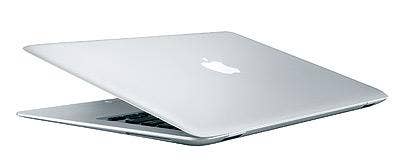
Mobile computing took a big step forward in 2008 as a rash of new, innovative laptops hit the market. Apple had the Mac faithful drooling over its thinnest, lightest notebook ever: the MacBook Air (pictured). And it wasn't the only vendor to take thin and light to heart: Lenovo garnered rave reviews for its ThinkPad X300, a notebook that is less than 1-inch thick but still packs in business-friendly features like an optical drive. The introduction of the Asus eeePC and Intel's Atom processor spawned a whole new laptop category as small, cheap "netbooks" debuted from other vendors such as HP, Acer and Dell. And Samsung returned to the U.S. laptop market in force with five new notebook families, giving the channel a fresh new face to sell in an increasingly crowded space.
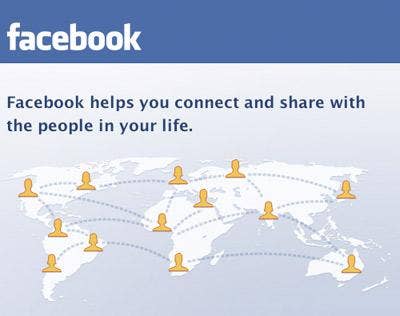
The corporate world finally stood up and took notice of this newfangled technology the youngsters are going on about these days: social networking. Both vendors and solution providers latched onto sites like LinkedIn and Facebook with youthful abandon, finding that not only do these online communities make it easy to find that kid you used to sit next to in Mrs. Thompson's fourth-grade class but also offer a fresh new way to find, track and cultivate business leads. Salesforce.com inked a partnership to bring expanded access to Facebook APIs to its developer community, and vendors such as Cisco worked to build their own social networking communities for the channel in an effort to help solution providers partner with each other.

It's hip to be Green. What was once pooh-poohed in many circles as a crunchy granola fad has now gained widespread favor, and the IT sector is not immune. Even customers that aren't motivated by environmental concerns are attracted by the cost savings that come with reduction of power consumption, cooling requirements and travel. Vendors set their sights on the data center in a big way, with technologies such as virtualization taking center stage.
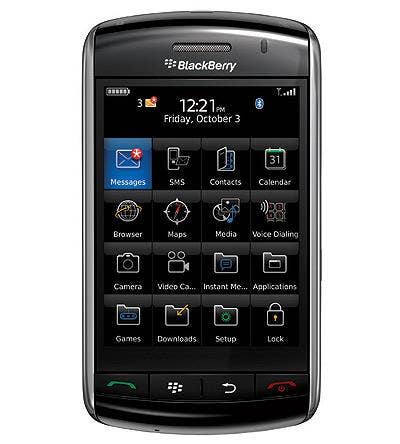
Smartphones became extra hands-on this year as Apple, Research In Motion, Google, Nokia, Samsung and Palm all brought new touch-screen models to the market. Apple's iPhone 3G was one of the most anticipated product launches of the year, though the fanfare was somewhat marred by activation problems and early software glitches. Google's G1 marked the beginning of the Android era, while RIM fought back with its first touch-screen BlackBerry, the Storm (pictured).
Alas, not even smartphones are immune to the struggling economy as both vendors and analysts predict shrinking sales growth for the near future.
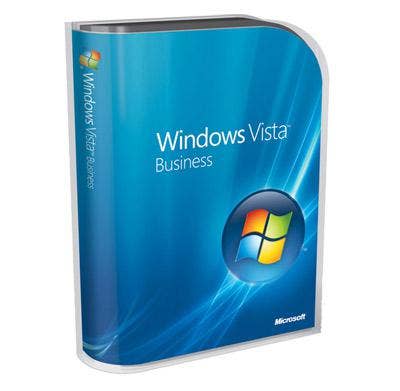
From secret-keeper to blabbermouth? That's the journey Microsoft seems to have made as it begins paving the way for the transition from Windows Vista to its forthcoming Windows 7 operating system. From imposing a cone of silence around Vista Service Pack 1 through much of the first quarter to openly sharing pre-beta details of Windows 7 at conferences in the fourth quarter, Microsoft has come a long way. With Windows 7, Microsoft is promising better device support, improved system performance and the addition of user interface features such as multitouch.
Many in the channel are left hoping that the new OS will help smooth the way with customers disillusioned by Vista's driver incompatibilities, disappointing performance and the Vista Capable class-action lawsuit that continues to linger.

It's been a big year for executive changes at channel companies. Wow, what an understatement. Channel celebrities like Samsung's Christopher Franey (pictured), Trend Micro's Nancy Reynolds, Ricoh's Ann Moser and Oracle's Rauline Ochs all vacated their posts. Nary a major channel vendor made it through 2008 without channel management changes: Microsoft, IBM, Oracle, Symantec, Juniper Networks, SonicWall and Cisco Systems' Linksys division all made the list.
CEO posts were also hard to keep as Juniper, AMD, Yahoo, Symantec, VMware, Avaya, 3Com and SAP all either changed or unveiled plans to change their top executives. Plus, Microsoft lost its daddy, as Bill Gates stepped into the sunset, or at least into the world of philanthropy full-time. The end result? Channel partners have a lot of fresh faces to get used to.
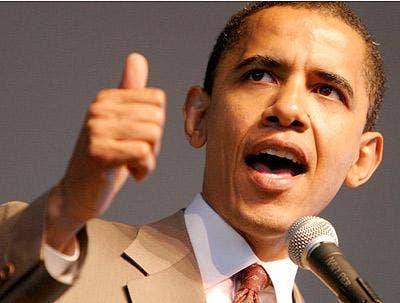
While not a tech story in and of itself, the 2008 U.S. presidential election held not only the nation but the world in thrall. Plus, there were plenty of tech-related elements to the tale. To begin with, tech execs played major roles in the campaign: Cisco Chairman and CEO John Chambers and former HP CEO Carly Fiorina served as advisers to Republican nominee John McCain, while Google CEO Eric Schmidt and Xerox Chairman and CEO Anne Mulcahy advised President-Elect Barack Obama (pictured).
Obama made headlines for running a tech-savvy campaign that tapped the Internet to appeal to young voters. IT security threats also came to the forefront as hackers breached Republican vice-presidential candidate Sarah Palin's personal e-mail account and Verizon employees hacked Obama's cell phone records.
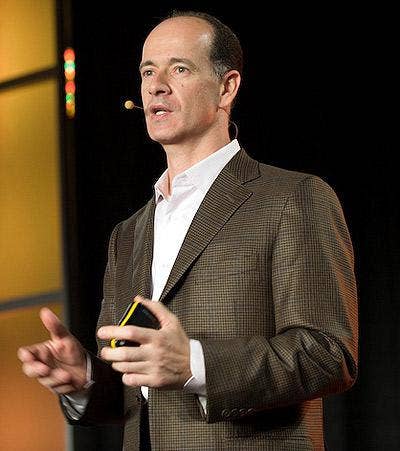
Is Symantec for the channel or against it? That's a question some partners are still working through after COO Enrique Salem (pictured) in June told a group of Wall Street analysts that the security vendor is giving its largest 900 customers the option to buy direct. On top of that, Symantec plans to automate SMB software license renewals, causing fear among some partners that those renewals will go directly through Symantec (a concern the vendor tried to quell).
Then it all got really interesting. Symantec channel chief Julie Parrish jumped ship to take a job at NetApp, and then Salem -- the man at the center of this summer's controversy -- was named as the successor to President and CEO John Thompson, who plans to step down in 2009. That leaves partners wondering just what Symantec they're going to get in the New Year.

The law was on Infra-Comm President Luke Hosinski's side as the solution provider took Cisco Systems to court, charging that the networking vendor violated terms of its reseller agreement when it passed a deal registered by Infra-Comm on to AT&T. A jury agreed, awarding $6 million in damages to the solution provider. Perhaps more importantly, the judge in the case ruled that several clauses in the partner contract were unconscionable (that's legal-speak for extremely one-sided). Given the boilerplate language used in many partner agreements, the ruling could cause vendors to overhaul the language of their channel contracts.

Budgets tightened, sales forecasts became gloomy and the stock market seemingly went into free fall. Yup, the recession hit in 2008, and hit hard. The credit crunch impacted some solution providers' customers, and the channel has seen some fourth-quarter IT projects postponed or canceled. Nevertheless, solution providers aren't hiding in the dark waiting for the economic storm to pass. Many in the channel remain optimistic about sales growth in 2009, particularly as customers become hungry for cost-cutting solutions.